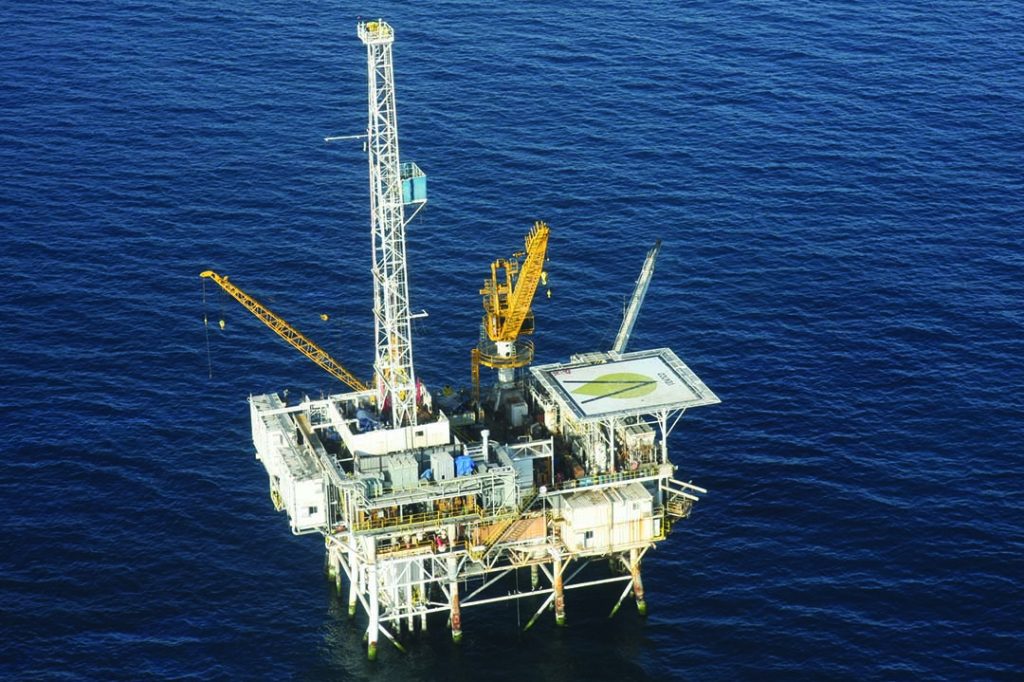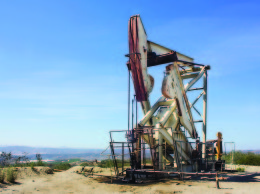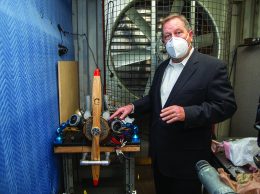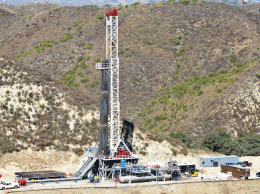
Venoco’s Platform Holly
UC Santa Barbara researchers will study the biological effects of decommissioning options for Venoco’s Platform Holly on local fish and wildlife populations.
The oil and gas company ceded the platform in April to the state, which has the option of either removing the structure completely or leaving a portion of it in place as an artificial reef.
“We’re not going to be making a judgment as to whether it’s good or bad to leave structures out there as artificial reefs, but we are going to assess how these different decommissioning options would affect biodiversity and fish communities off our coast,” lead principal investigator Robert Miller, a research biologist with UCSB’s Marine Science Institute, said in a news release Aug. 9.
The information could eventually inform similar decisions for all remaining offshore platforms in Southern California. The UCSB team will partner with the Bureau of Ocean Energy Management to analyze the biological impacts of various decommissioning scenarios, using more than 20 years of data on fish and invertebrate species, with an eye toward their productivity.
“We want to determine whether rig structures impact species composition by diversifying the available habitat for some fishes, potentially serving as foraging or nursery oases amidst an expanse of soft-bottomed substrate,” said postdoctoral scholar Erin Meyer-Gutbrod.
• Contact Marissa Nall at mnall@pacbiztimes.com.






 Print
Print Email
Email

















